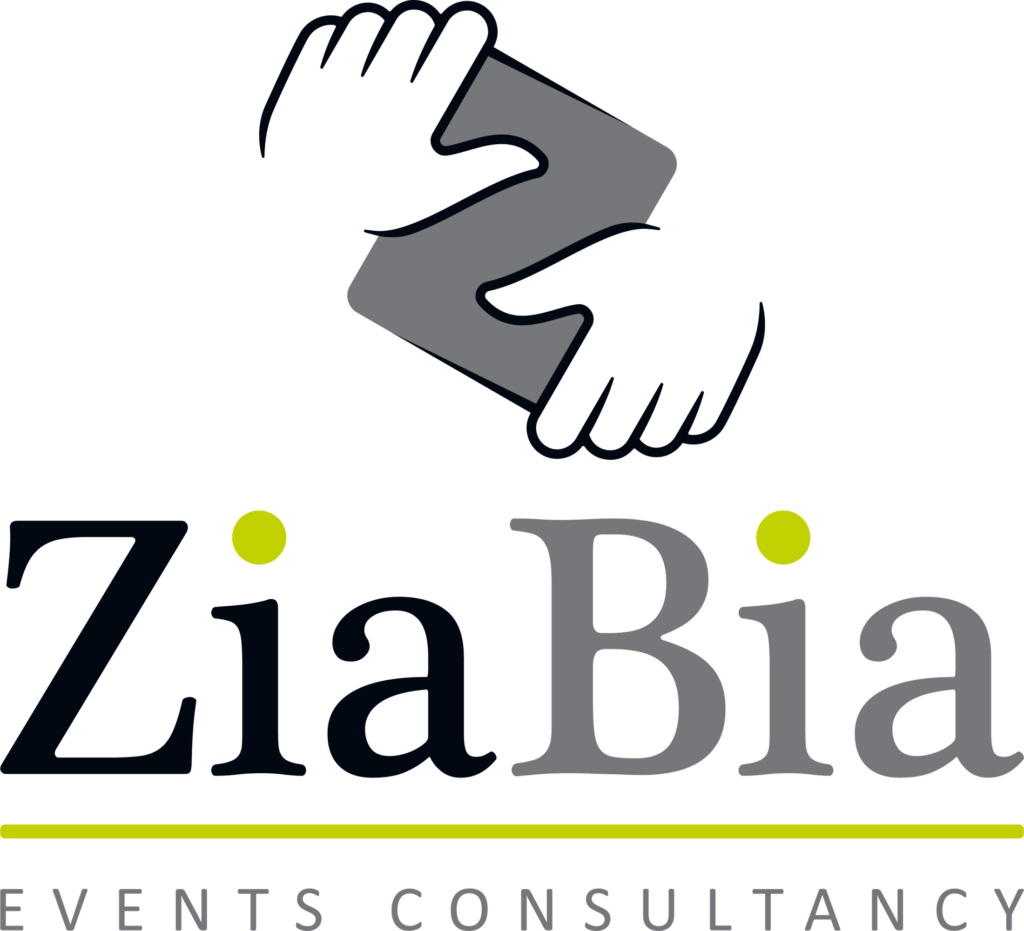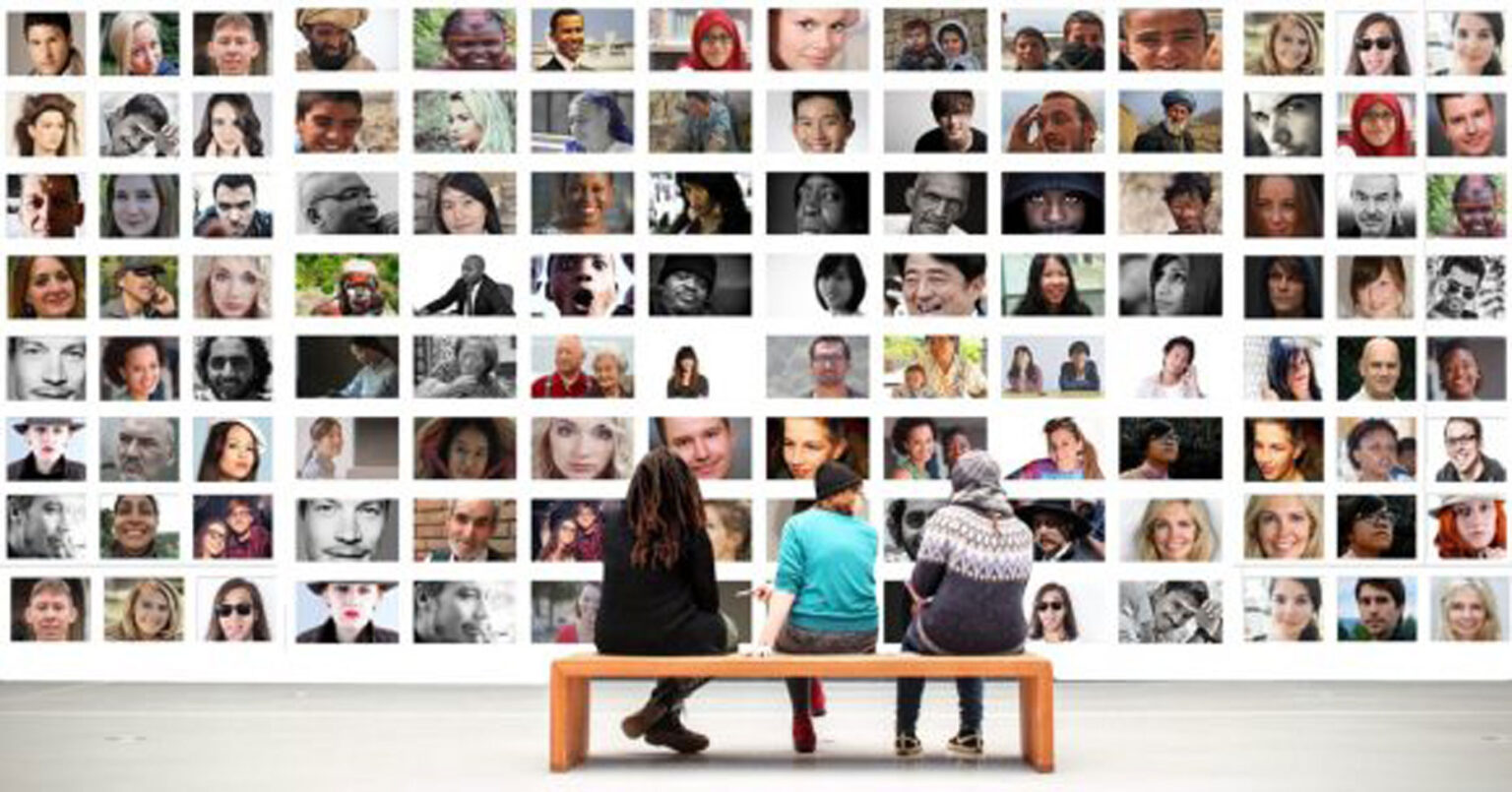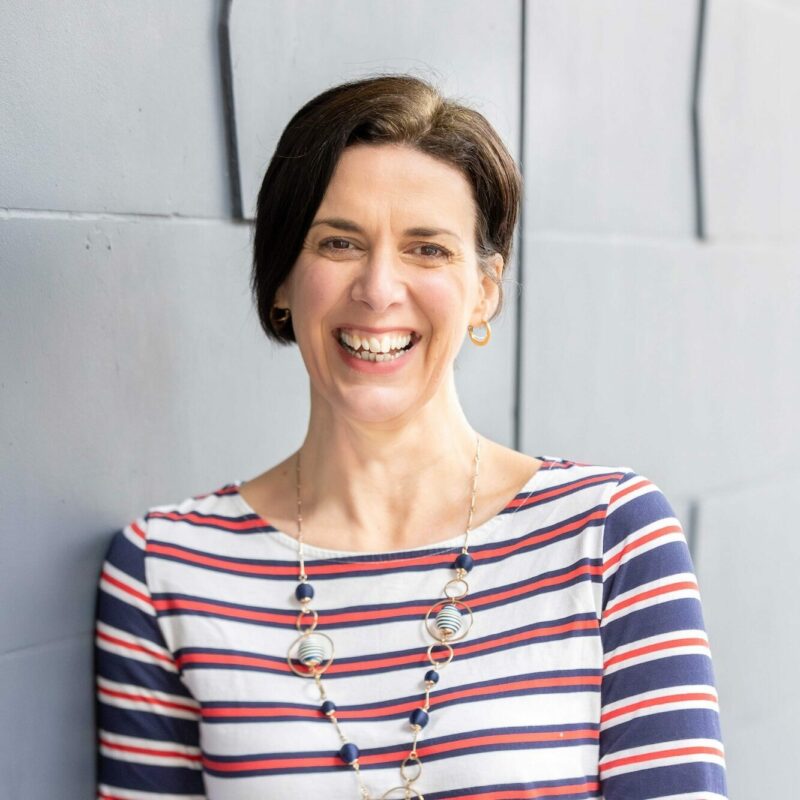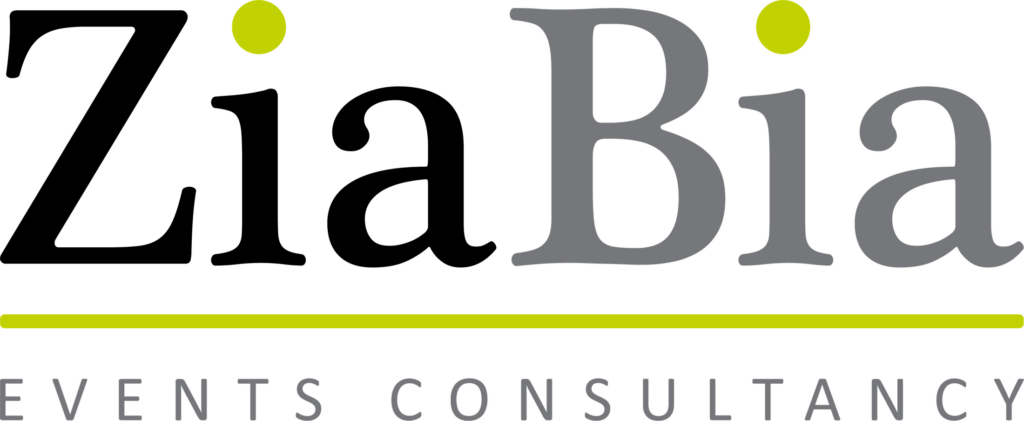We at ZiaBia, like most people, have been powerfully impacted by the changes taking place in the world over recent few years and are delighted to see diversity and inclusion rightly starting to take centre stage (no event pun intended!).
Where we were
As an agency with a collective work experience of 120 years, we have been really lucky to work with a rich and varied range of clients. As a consequence, we have also hosted speakers and attendees from all walks of life in sectors as varied as finance to health to IT and cyber security.
For face-to-face events we always discussed a venue’s adherence to the Disability Discrimination Act (DDA) for step-free access, hearing loops and accessible toilets etc. We have considered whether BSL or translation has been needed. We talk about colours and fonts with clients for ease of reading.
So far so good we thought!
Let’s start asking questions
However, when we started to really think about the attendee profile and diversity at the events we organised, we quickly realised that any considerations had been passive rather than active. For example we had good speaker representation on our client programmes and any known attendee additional needs were supported.
- But what about the events in sectors that aren’t as diverse? Had we been active enough to ensure representation and welcome?
- What if someone doesn’t disclose their needs? What if the event doesn’t even have a registration form, just a link to click?
- Were we pre-empting enough? Did we even know what we needed to pre-empt?
A chance introduction to someone working in accessible events really opened our eyes as to all the facets that diversity and inclusion encompasses.
During the pandemic, we researched this specifically in relation to event management and attendee experience. Fairly quickly we came across the DICE (Diversity and Inclusion at Conferences and Events) Charter. This sets out, simply and effectively, what you need to think about to make your event open to all.
We started to ask ourselves
“What do we need to change to support ALL people who are considering attending the events that we are organising – speaker or delegate?”
This question was key!
Where we are now
The thinking behind the Charter has now been embedded into our event planning processes, into conversations with clients and translating into the events themselves.
For your next event, why not ask yourself these questions? They might just help make your next event accessible to so many more attendees:
- Does the content and messaging provide a diverse range of views?
- Are speakers representing a variety of backgrounds, ethnicity, age and experience?
- Is the event open for all – are there options for pricing structures and what are the advertising channels?
- Can the event support all additional needs of speakers and delegates alike?
- Is there a budget in place right at the start to allow for BSL, open captioning, speaker expenses/fees?
- How can you support everyone if your event is face-to-face or online? Is the venue / online platform fully accessible?
- What needs to change to maximise everyone’s experience?
There are so many ways to increase the diversity at your event, make it accessible to all and increase the reach of your messaging and attendee profile. What are you waiting for?
If you would like to explore options on what other steps you can take for your next event, we’d be happy to talk things over with you. Contact us



